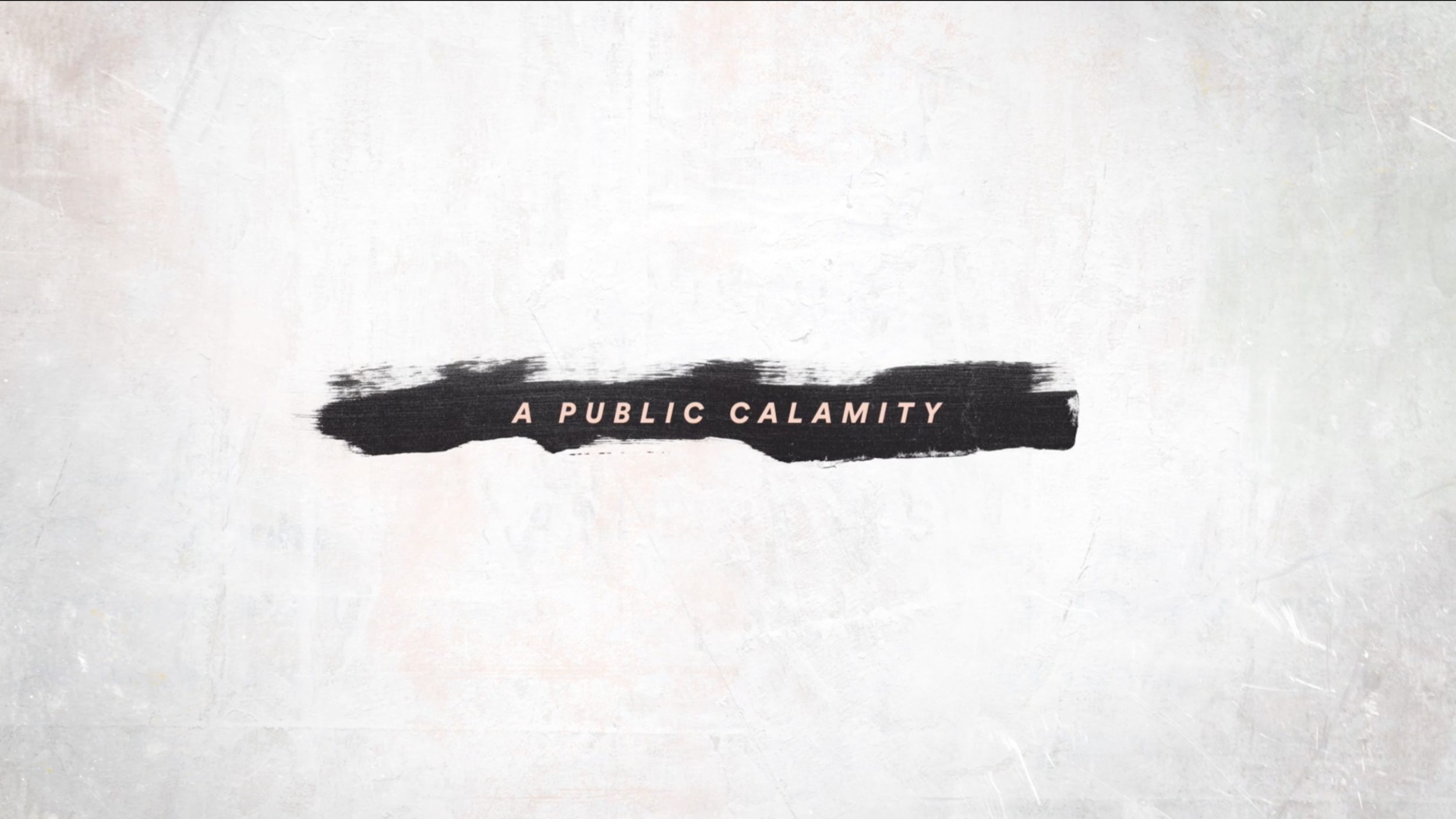Facing the worst pandemic in at least a century, transit agencies throughout Virginia and the nation are struggling to balance the needs of their riders, the safety of their operators, and the implications of the coronavirus for their finances.
Read MoreFrom The Future of America’s Past—
Governors nationwide have moved to reopen their states, even as the coronavirus crisis continues to grow. This impulse has a precedent: it’s what many towns, including Richmond, Virginia, did during the 1918 flu — a global health crisis that killed more than 50 million people worldwide, and more Americans than all 20th- and 21st-century wars combined.
When the 1918 influenza epidemic began, African American communities were already beset by many public health, medical, and social problems, including racist theories of black biological inferiority, racial barriers in medicine and public health, and poor health status.
Read MoreIn the fall of 1918 an unparalleled influenza pandemic spread throughout the world. More than a quarter of Americans became ill, and at least 600,000 died. For many Virginians, this was a time of acute crisis that only could be compared to the days of the Civil War. This thesis describes Spanish influenza's impact on Virginia, primarily focusing on the cities of Newport News, Richmond, and Roanoke.
Read More
